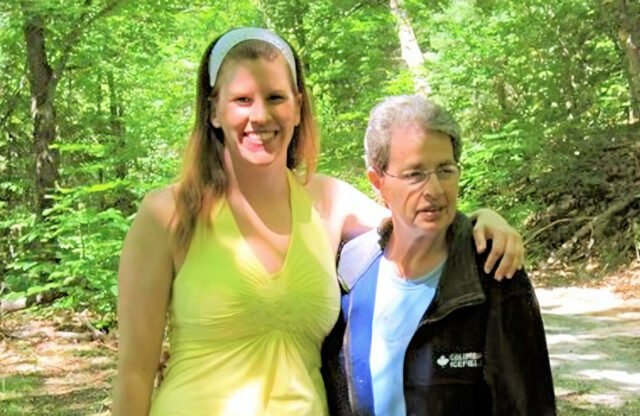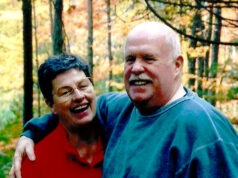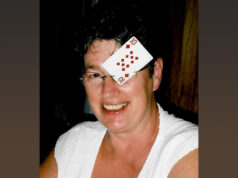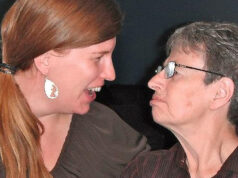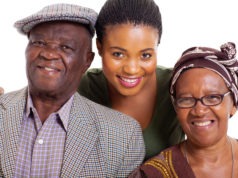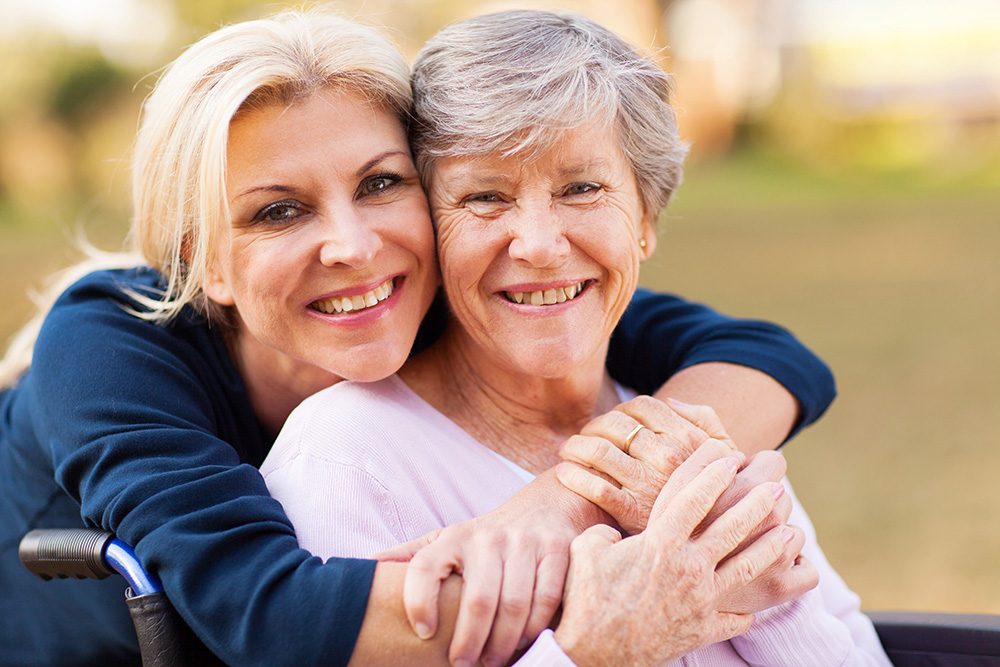Suzanne: Welcome back to answers for elders radio network and we are here with Parkinson’s expert as well as care partner expert, Lianna Marie and Lianna. Um this is a really important, our we’re talking about grief and I’m just curious the next step you talk about alone with Parkinson’s a lot is that kind of the next step in this process?
Lianna Marie: Well, we certainly felt alone um and I don’t, I I don’t like talking about it like this is how we felt all the time because these are negative, you know, being sad, being alone isn’t fun, but for sure in the process at the beginning and at the end, mom and I both had our times of feeling alone. Um I mean, I guess at the big you feel alone if you’re not sharing your diagnosis with anyone, which um some people choose to do that for various reasons, others like my mom, she felt alone because at that time she was diagnosed, there weren’t a lot of people that she knew, Michael J Fox was out there with Parkinson’s but she didn’t know a lot of people. So one of the things, you know, Yeah, Muhammad ali at the same time, nowadays, a lot of people, we now encourage getting in tune with the support system um with whether it’s Parkinson’s or care partnering um just to help that because obviously no one should go it alone. We know that um a lot of the time that I felt like I was alone was when my mom and I couldn’t share a relationship anymore, so I would want to go to her for a relationship advice and that kind of thing and because she was developing dementia, she couldn’t she couldn’t be there for me anymore. So that’s where I felt most alone.
Suzanne: Yeah. And I think to just as a care, I remember times that I would stand in my kitchen when I was dealing with my mom and having to make these monumental decisions on her behalf as as power of attorney and feeling like I had the weight of the world and her life on my shoulders and that’s really what I had and you know, I remember times that I was, you know, I couldn’t sleep at night after making this, you know, a monumental decision about where she was going to live or you know, what was the next step that we were going to take and I felt this overwhelming responsibility to do right by her and I didn’t feel like I had all the tools to be able to make it. It was like, I guess that thing that I look at is that feeling of isolation and also your family that just keeps going on with this with this their lives, you know, and you’re kind of stuck there with, okay, I have to do it all and so they’re so resentment builds up I think and that’s is that part of the alone process.
Lianna Marie: Oh yeah, for sure. Because I’m just thinking, I remember now it’s easy to say, OK, hindsight, but like I was resentful. I, I didn’t realize at the time I was being angry, resentful of my mom, but really it was Parkinson’s, it was Parkinson’s that was taking all these things that wasn’t my mom and changing my mind, My shifting that mindset really helped me. And I think, you know, that alone feeling um is natural and we all go through it. But I remember my aunt being a big help during that time when my mom developed dementia and again, this is about finding someone maybe who’s gone through the same thing you’ve gone through. And it turns out my aunt had to go through this caring for her grandpa, sorry, her dad, my grandpa when he had Alzheimer’s so she could tell me Lianna, it’s not your mom talking right now who’s angry and yelling at you and it’s the disease. Yeah, that was very helpful.
Suzanne: Yeah. And I think what you said is reaching out for support. There are numerous ways in which you can do that, including answers for elders by the way. But we have all about Parkinson’s is a wonderful support network, your program as well as you know, there’s a graver caregiver sites on, you know, social media, there’s also so just groups that you can connect with um check out your, you know, place of faith whether sometimes there’s a lot of communities out there that have support for you if you’re angry, but there are resources, you are never alone. And I think that’s one of the things that I really want to say is um, it doesn’t, your family doesn’t have to be it, and you’re never alone. Um, I think another side of that that I just want to plug into is to always take care of yourself. I think a lot of times as a caregiver, they’re not taking care of themselves. You know, they throw their life into caregiving for someone else and then their own life goes in a spiral.
Lianna Marie: We can talk about that probably for a whole hour as well. Maybe it’s a topic for the next time. And I do want to mention the all about Parkinson’s on facebook because we do have a special dedicated private care group there so you can ask to join that and that’s a great place to feel less alone. I would say if you’re a care partner in particular.
Suzanne: Perfect. And everyone, Lianna and I will be right back, right after this.






